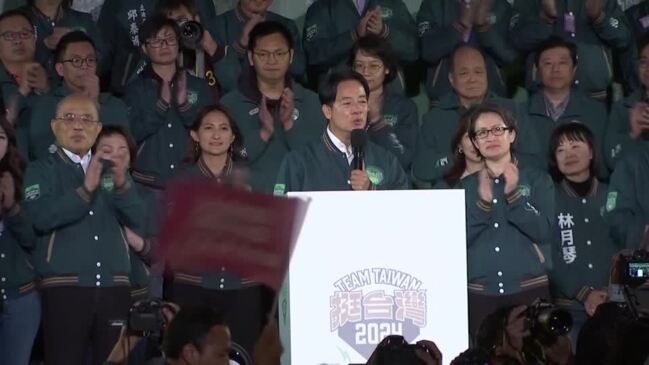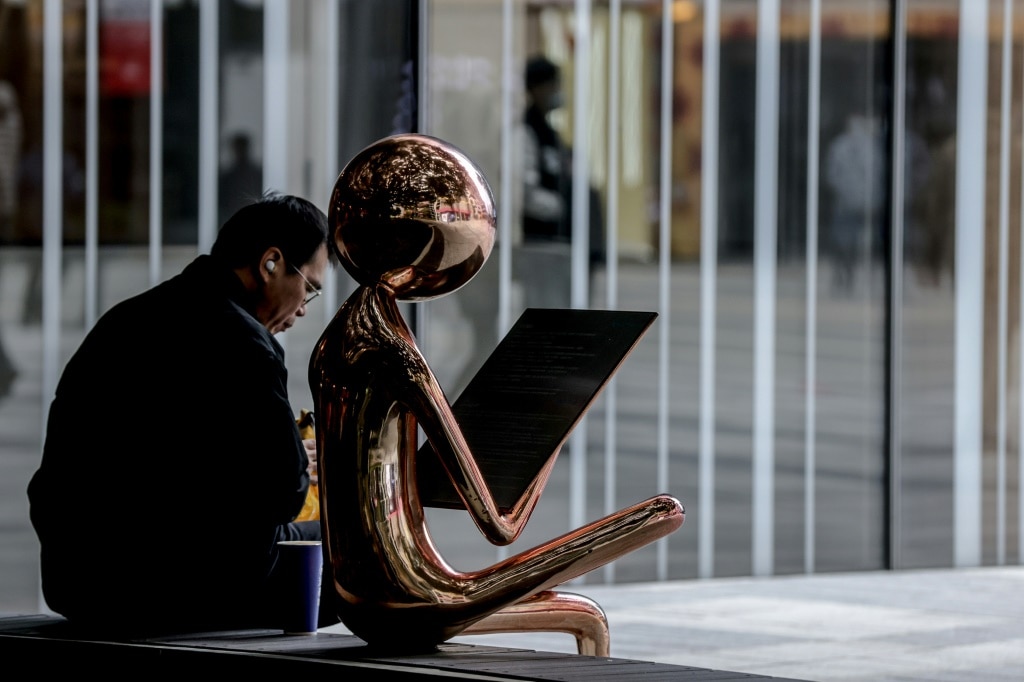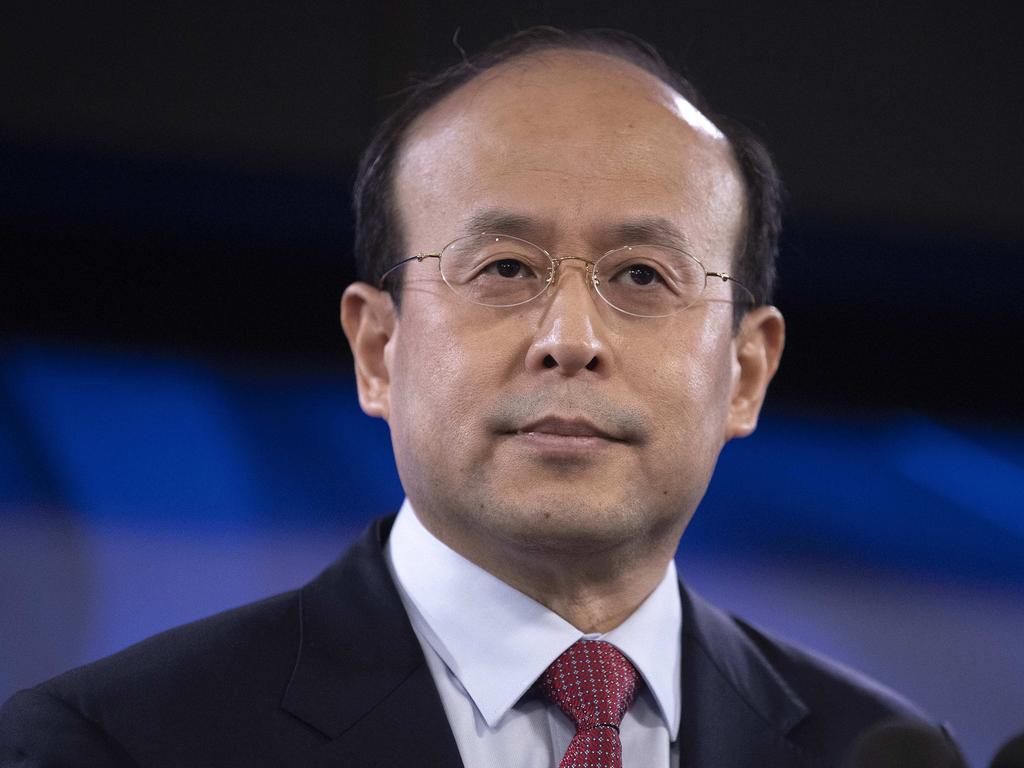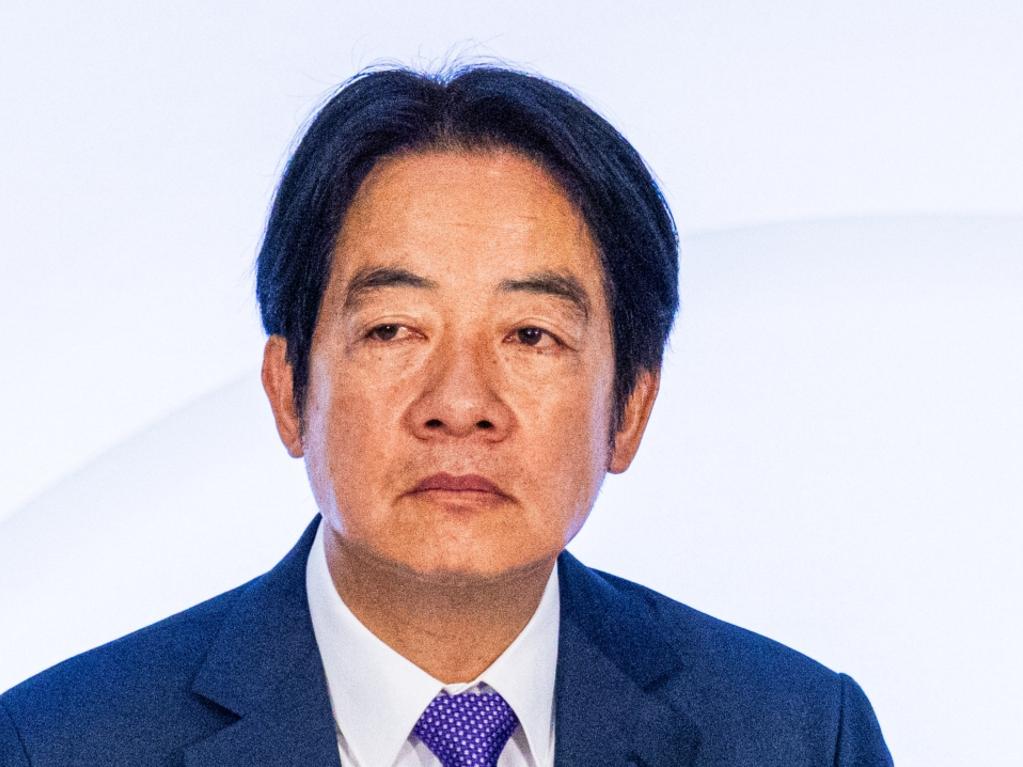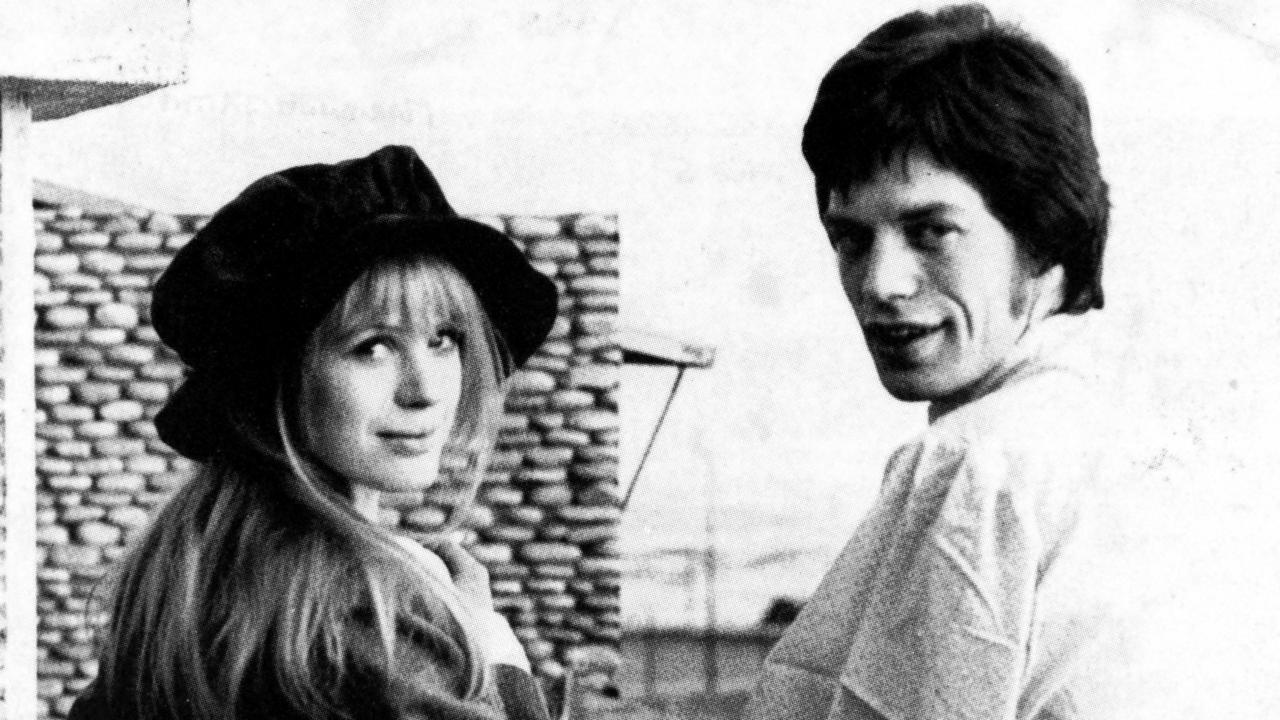Taiwan’s new president Lai’s 64-year rise from tragedy to triumph
Before facing the expected onslaught from Beijing and domestic opponents, Taiwan’s president-elect ‘William’ Lai has recharged with ancestors in his family’s district.
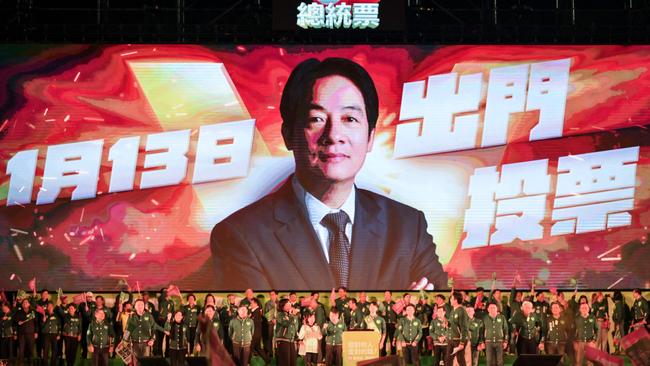
He was a 33-year-old Taiwanese coalminer, and when the gas leaked out of the pit where he was working, he had no chance at all.
It was silent and odourless; the explosion came out of nowhere, 100 metres underground. Five miners were badly injured, as well as the five who died – such tragedies happened regularly in the perilous mines of Taiwan in 1960.
This one would have been completely forgotten if it were not for what happened at the weekend.
The dead man, Lai Chao-jin, left a widow and six children in the small town of Wanli, the youngest of them a three-month old boy, Ching-te.
He later excelled at school and, unlike most miners’ children, Lai Ching-te went to university, qualified as a doctor and studied in the United States, where he was known as William. He became a city mayor, and an MP.
On Saturday almost exactly 64 years after his father’s death, he was elected president of Taiwan.
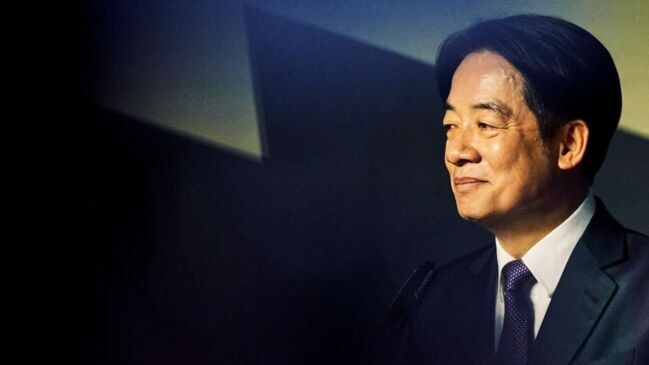
As president, Mr Lai will face intense pressures and challenges, with no guarantee of success. The communist government of China, which claims Taiwan as its own, menaces the island with fighter jets and naval ships.
Domestic opponents, who control the Taiwanese parliament, accuse his Democratic Progressive Party of provoking Beijing and risking war with his pro-independence sympathies. But whatever happens after he takes office in May, in making the journey from Wanli to the presidential palace, he has achieved something remarkable.
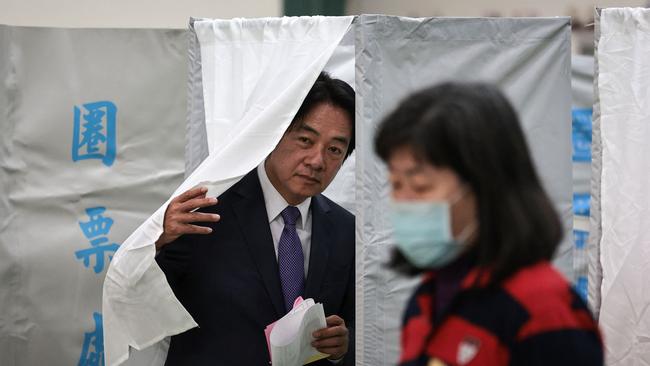
“He started at the bottom – he grew up poor,” said Luo Kuo-lin, 55, whose father was also a miner in the Liukeng pit, and who still lives next door to the old Lai family house.
“He understands poor people and how they think. He’s got compassion for people like that, and it makes him a very good leader. The other candidates are clever and have good degrees – but none of them have a background like his.”
One of Mr Lai’s first acts as president-elect was to acknowledge his debt to his family. On Sunday he drove out in his motorcade to Wanli and visited the modest apartment where he and his family moved a few years after his father’s death.
The private trip was not announced to the media, and Mr Lai declined to answer questions. Inside he offered prayers at a household shrine honouring his ancestors and reported to their spirits his success in the election.
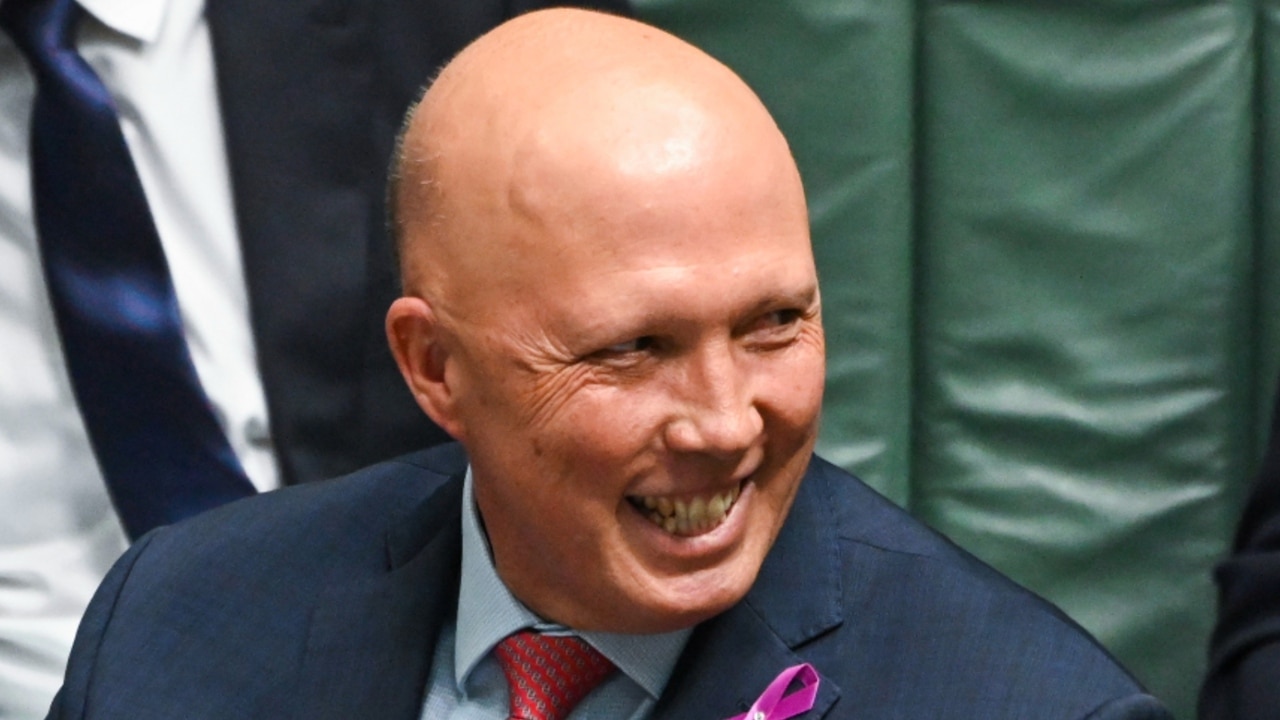
One of the dark tunnel mouths of the complex where Mr Lai’s father died is now a tourist site. The company house where he lived with his family, built on a hill formed of slag from the mine, is close by.
Many of the people who live nearby remember the family, and especially his mother, Lai Tung-hao, who brought up six young children as a widow.
“Back in those days, the kids of miners didn’t have money to go to school,” said Hsieh Jia-yang, the local leader in the former mining community in Wanli, where Mr Lai grew up.
“Education was a luxury – everyone had to work. It was his mother who went to such lengths to pay for his tuition. She was such a proud woman.”
Even after her husband’s terrible death, she continued to work for the mine, recharging the bulky batteries that power the lamps on the miners’ helmets and operating the cables that pulled out carts of coal.
“She worked long hours,” Mr Luo said. “She used to make a big pot of porridge with black sugar and leave it for Lai and his siblings to feed themselves.”
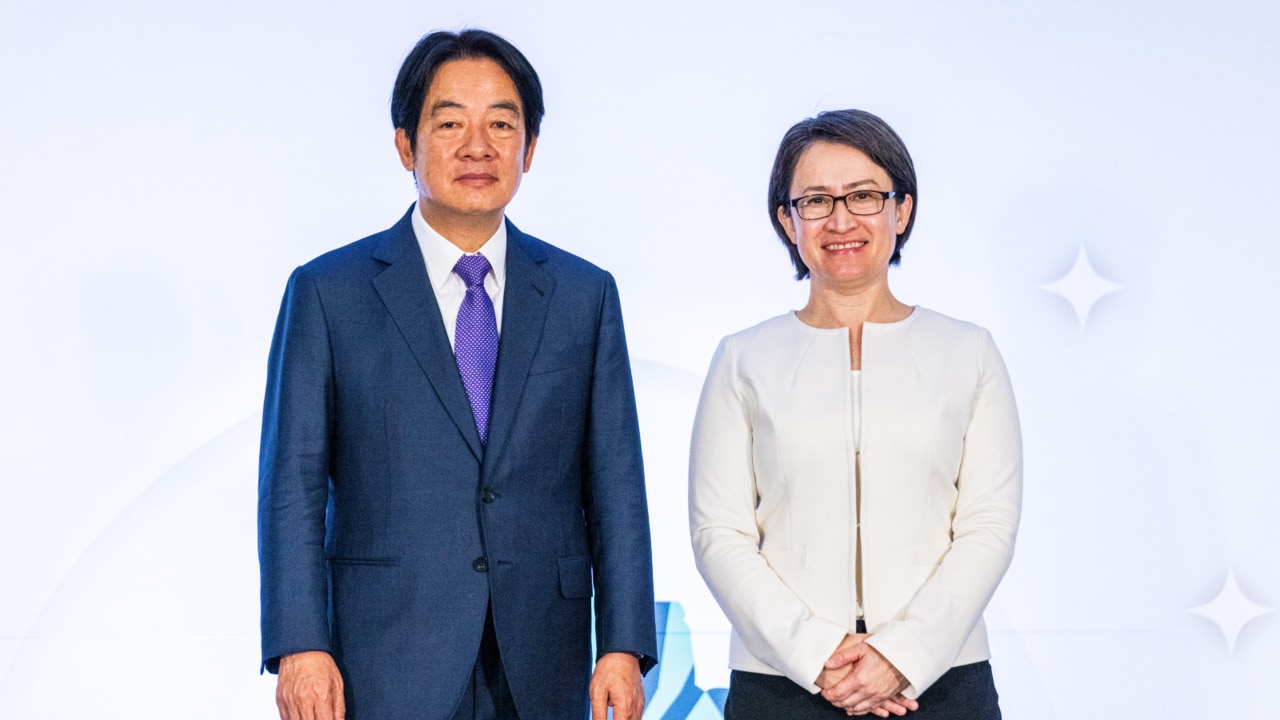
Hsu Jon-shong, who runs the hair salon next to the Lai family’s later apartment, said that Tung-hao “had a lot of spiritual energy. No man could match her.”
She had little education of her own, but recognised the importance of it for her children.
Mr Luo said: “She looked tough, because she had to look after six kids. But she was sensitive, and she had a vision of her son’s potential. Usually, boys like that leave school and get a job, but she kept him at school. She was the foundation of his success.”
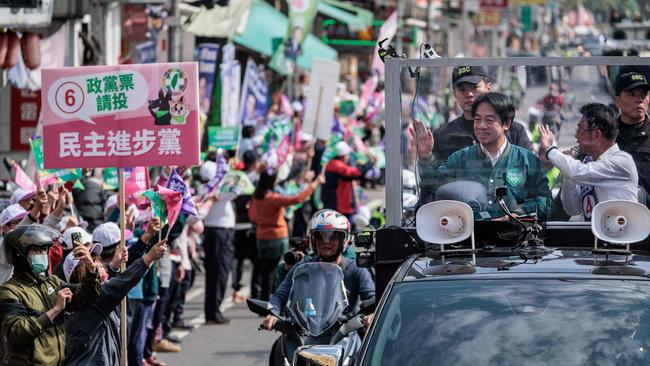
As a doctor, Mr Lai specialised in renal medicine, but in 1996, as Taiwan switched from dictatorship to democracy, he went into politics, being elected first as a legislator, then mayor of the city of Tainan.
“I was very surprised,” Luo said. “He was never very talkative when he was young, and I thought he’d stay a doctor forever.”
His mother was dismayed. Medicine was a steady and honourable profession but politics was the opposite. In 2004, after her son was beaten by gangsters, she is said to have asked: “Do you really need to go on doing this? Why don’t you go back to being a doctor?”
He resisted; his mother died in 2007. A decade later, he was appointed prime minister by Tsai Ing-wen, the outgoing president.
He challenged her unsuccessfully for the DPP nomination for the 2020 presidential election – but after beating him she named Mr Lai as her vice-presidential running-mate and the two were elected four years ago.
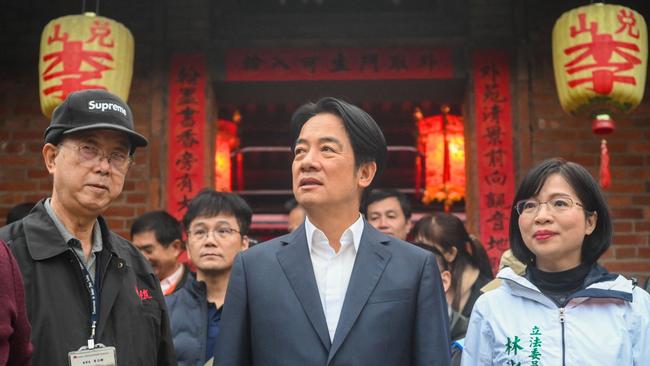
The house where he grew up by the mine became the focus of controversy during the campaign for the election, when Mr Lai’s political opponents claimed that it had been illegally rebuilt – claims that he denied.
To defuse the row he promised to give it to a charitable trust to serve as a museum of the mining industry, a compromise that infuriates his old neighbour, Luo.
“It’s a humiliation to this community,” he said. “Mr Lai must have been heartbroken about that. In terms of money, that house isn’t worth much – but it commemorates his mother.”
It has become an attraction of its own – on Sunday visitors came and went all day to pose in front of it for photos.
Mr Luo and his neighbours sat and watched the results coming in on Saturday evening. “When we heard the result, we drank Taiwanese beer and let off a lot of firecrackers,” he said. “The fireworks went on all night.”
The Times
More Coverage
